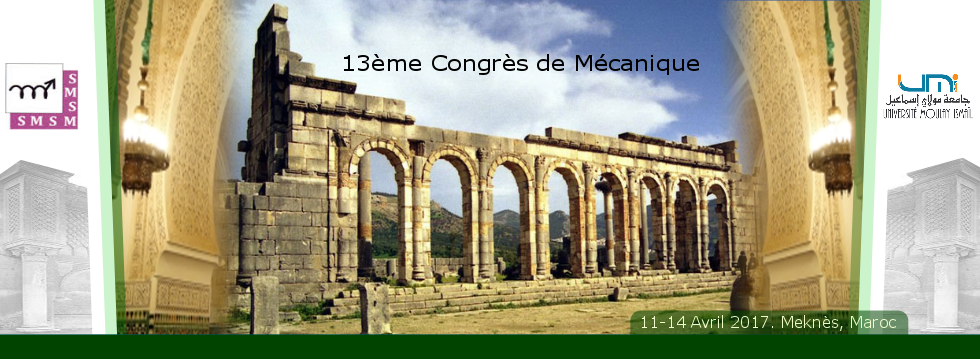Effect of Experimental Conditions on the Non-Repeatability of Temperature Measurements During the “Spark Plasma Sintering Process”
1 : Abdelkhalek CHEDDADI
(Mohammadia School of Engineers, ERSTER)
Mohammed V University in Rabat, Mohammadia School of Engineers, Avenue Ibn Sina, P.O. Box 765-Agdal, Rabat, Morocco -
Maroc
2 : Malika SAÂDAOUI
(Mohammadia School of Engineers, ERSIM)
Mohammed V University in Rabat, Mohammadia School of Engineers, Avenue Ibn Sina, P.O. Box 765-Agdal, Rabat, Morocco -
Maroc
3 : Guillaume BONNEFONT
(National Institute of Applied Sciences of Lyon, MATEIS Laboratory, UMR 5510 CNRS)
Institut National des Sciences Appliquées (INSA) - Lyon
Lyon University, National Institute of Applied Sciences of Lyon, MATEIS Laboratory, UMR 5510 CNRS, 20 Avenue Albert Einstein, F-69621 Villeurbanne Cedex, France -
France
4 : Gilbert FANTOZZI
(National Institute of Applied Sciences of Lyon, MATEIS Laboratory, UMR 5510 CNRS)
Institut National des Sciences Appliquées (INSA) - Lyon
Lyon University, National Institute of Applied Sciences of Lyon, MATEIS Laboratory, UMR 5510 CNRS, 20 Avenue Albert Einstein, F-69621 Villeurbanne Cedex, France -
France
In this study, we investigate the experimental conditions influencing the reproducibility of temperature measurements such as the temperature control location and the die asymmetric location relatively to the sample. In this context, we used a finite element modeling (FEM) and a series of experiments under temperature control mode to check the repeatability of the temperature measurements during SPS sintering and also allows to evaluate the robustness of the present model. An alumina sample was studied as an electrically insulator ceramic material. A thermal sintering cycle is imposed using a control pyrometer of temperature on the top graphite punch near the sample.



